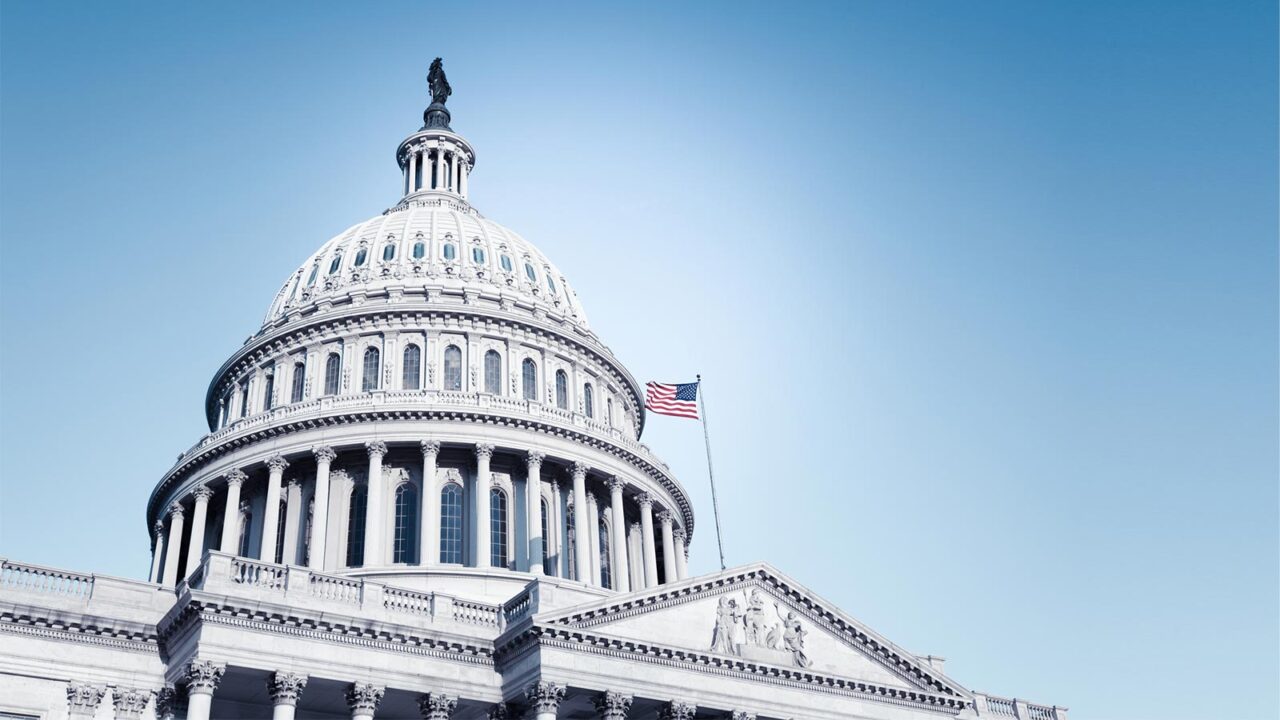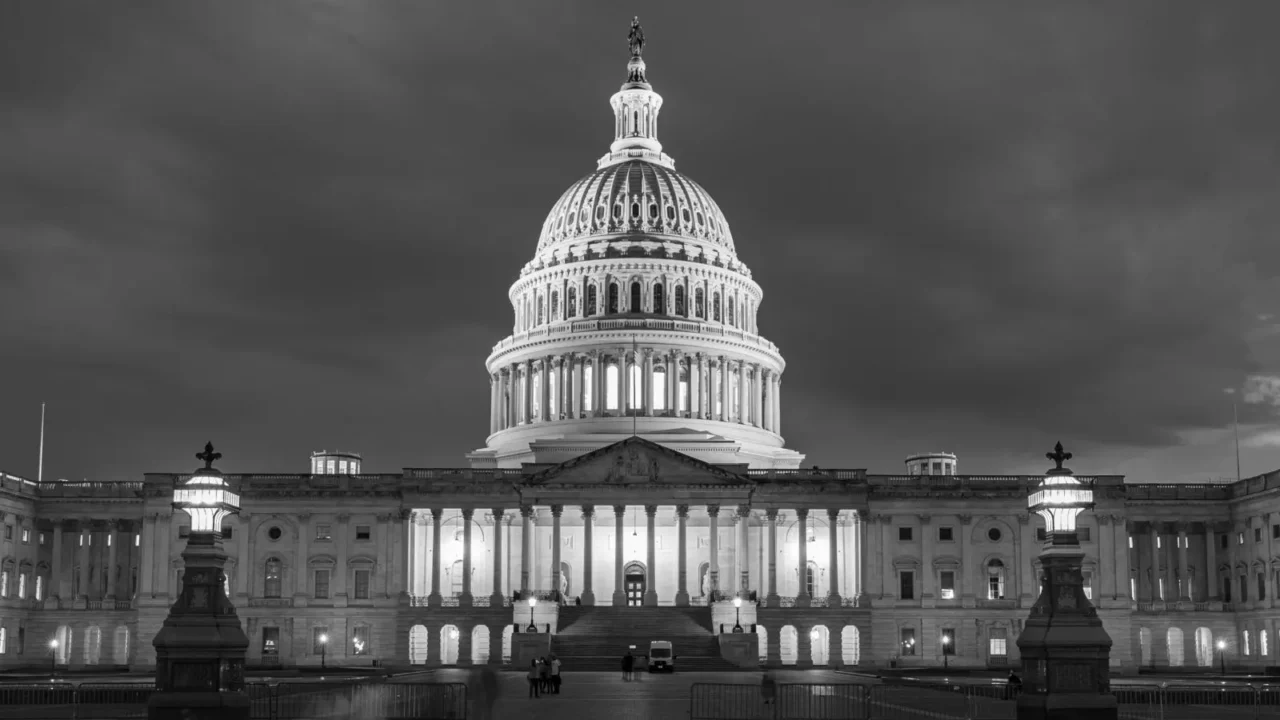Construction contractors and design professionals working on public projects are caught in the crosshairs of COVID-19, the novel coronavirus. While some federal, state and local government construction projects are forced to suspend or scale back due to mandated government orders or by unique circumstances, the public construction industry will continue to suffer impacts and uncertainty.
For current projects, numerous issues are arising due to the pandemic. Hundreds of millions of dollars of public construction revenues are at stake, and those impacted need to analyze their contractual rights and responsibilities immediately.
Government construction projects forced or anticipated to shut down may result in the termination of a contract or contracts. While every contract is unique and must be analyzed independently, many government contracts allow for unilateral termination.
Typically, they can be terminated for cause, or for convenience. Termination for cause is usually tied to a material breach of the contract. That could be a failure to perform according to the terms of the contract, an inability to deliver goods or services timely, or lack of adequate manpower, all of which are significant issues caused by COVID-19. Some contracts even list the specific material breaches which may result in termination for cause. Contracts may require notice to alert a contractor it is in breach and allow for a time period in which a contractor can cure the purported breach. If the breach is cured, termination may be prevented.
Termination for convenience is much broader and generally gives a party the right to terminate the contract without cause, even if the other party does not breach the agreement. In times of emergency like this, termination for convenience provides a party an easy way out of the contract. Termination for convenience may still require written notice, as well as a time period to allow the contractor, design professional, materialman, et al. to demobilize or wind-down from the project.
In response to COVID-19, many government agencies have activated emergency powers. Those measures can allow a single person, such as an administrator or purchasing director, to unilaterally terminate a contract if it is in the best interest of the agency. Government contractors will need to be aware of the responsible party and/or the extent of that new ability.
Importantly, government contractors need to determine what costs and expenses they are entitled to in the event of termination or project suspension. There may be costs of materials purchased but not incorporated into the project, overhead costs for leased office space, delay costs, mobilization and de-mobilization costs.
Further, if workers need to be laid off, and then rehired, who will incur that cost? If the project was awarded pursuant to a hard bid, and fixed material costs escalate, will those increases be paid by the agency? These issues and many others will depend on the terms of the contract. Either way, it is critical for contractors to properly document costs now even if the government agency has not taken formal action yet. If costs cannot be proven with a reasonable degree of certainty, the contractor may be forced to incur them even for a government-mandated work stoppage.
Force Majeure
There are defenses to contractual performance issues that may help those performing government construction projects. A contract clause most commonly referred to as “force majeure” may excuse a party’s performance or obligations under a contractual duty due to circumstances beyond the control of either party. These typically include “acts of God,” which are unpreventable events caused by forces of nature. Whether a force majeure clause can be triggered by COVID-19 outbreak will depend on the specific language in the contract.
If the contract lacks a force majeure clause, or even if the novel coronavirus does not constitute a force majeure under the contract, “impossibility of performance” can discharge a party from performing a contractual obligation that cannot be performed due to circumstances beyond a party’s control. This concept is raised when the facts making performance impossible were not known to the parties at the time the contract was entered, and neither party assumed the risk of impossibility nor could they have acted to prevent the event rendering the performance impossible.
For example, if project materials cannot be obtained, or if a contractor’s workforce is depleted due to quarantine, those may excuse a contractor from performing. Conversely, if the state government requires a type of local project to be shut down, that may excuse the city or county government agency from allowing the work to continue, or paying the contractor.
Courts may not excuse performance that is not impossible but merely inconvenient or profitless. For instance if, due to COVID-19 a government agency may not have the funds readily available to pay for goods or services or does not want them in the time contemplated in a contract, that will not automatically prove impossibility under the law. Contractors may still be able to recover costs, lost profits, delay damages and other compensation, though it may require litigation or arbitration. In that case, the instance of a prevailing party attorney fee provision may factor into that decision.
Government contractors that suffer losses because they cannot meet their contractual obligations due to COVID-19 should also consider relief through insurance coverage. Some insurance policies may cover force majeure or other similar circumstances, and a contractor’s specific policy terms should be carefully evaluated.
In sum, while COVID-19 is an unprecedented event in modern society, it is important for construction professionals doing business with government agencies at all levels to understand the rights and responsibilities afforded each party in their contract.







